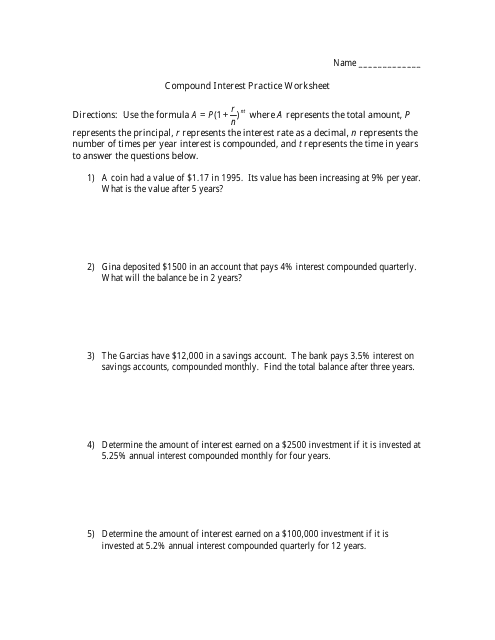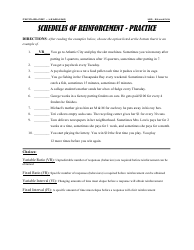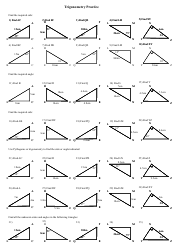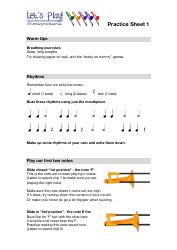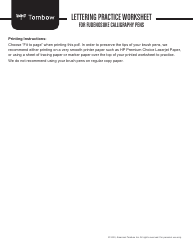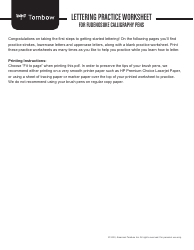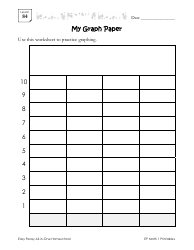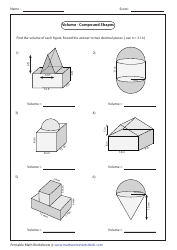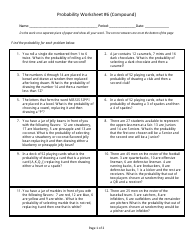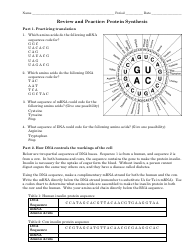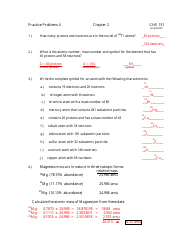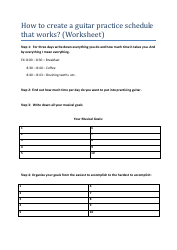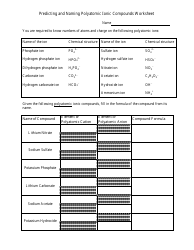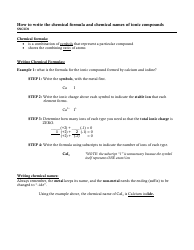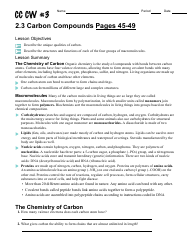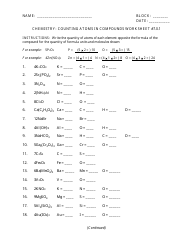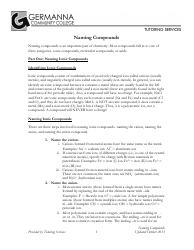Compound Interest Practice Worksheet
A Compound Interest Practice Worksheet is a document that helps individuals practice calculating compound interest. It provides different scenarios and formulas for calculating interest on an investment over time.
The Compound Interest Practice Worksheet is typically filed by students or individuals who are practicing and learning about compound interest calculations.
FAQ
Q: What is compound interest?
A: Compound interest is the interest calculated on both the initial principal and accumulated interest over time.
Q: How is compound interest different from simple interest?
A: Compound interest takes into account the accumulated interest, while simple interest only considers the initial principal.
Q: What is the formula for compound interest?
A: The formula for compound interest is A = P(1 + r/n)^(nt), where A is the final amount, P is the principal, r is the interest rate, n is the number of times interest is compounded per year, and t is the number of years.
Q: What is the difference between compounding annually and compounding quarterly?
A: Compounding annually means interest is calculated once a year, while compounding quarterly means interest is calculated four times a year.
Q: How can compound interest be beneficial?
A: Compound interest can help savings grow faster over time and increase the overall value of investments.
Q: What is the rule of 72?
A: The rule of 72 is a quick way to estimate how long it takes for an investment to double at a given interest rate. Divide 72 by the interest rate to get the number of years.
Q: Are there any drawbacks to compound interest?
A: Compound interest can work against you when you have debt, as it can cause the total amount owed to increase significantly over time.
Q: Why is it important to start saving early?
A: Starting to save early allows for more time for compound interest to work its magic and grow your savings.
Q: Can compound interest be applied to loans as well?
A: Yes, compound interest can also be applied to loans, resulting in the total amount owed increasing over time.
Q: What is the power of compounding?
A: The power of compounding refers to the exponential growth of savings or debt over time due to the accumulation of compound interest.
